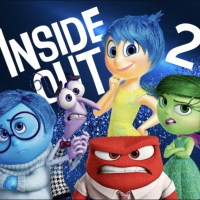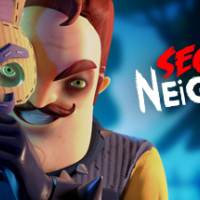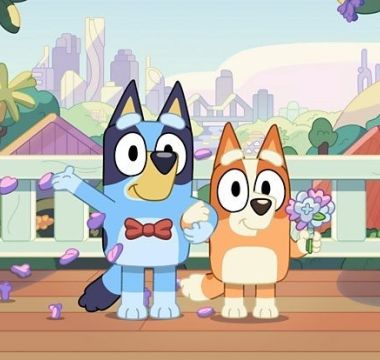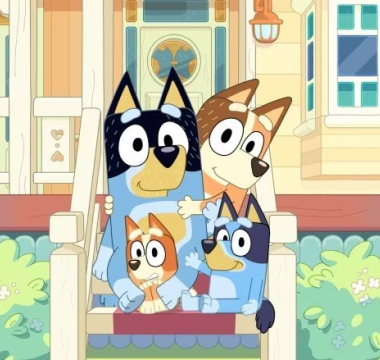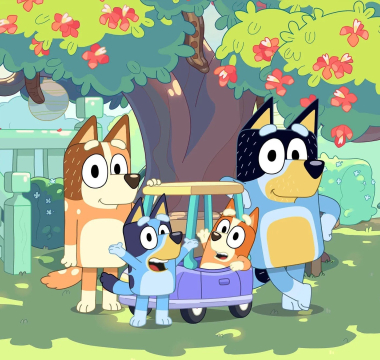The Charm of Bluey: How an Australian Pup Became a Global Sensation
Bluey is not just any other children's TV show; it's a cultural phenomenon. Debuting in 2018 from the shores of Australia, this series quickly bounded into the hearts of families worldwide. With its seven-minute episodes, 'Bluey' has mastered the art of short yet profound storytelling, making significant emotional, educational, and entertainment impacts within its concise format. The eponymous Blue Heeler puppy, along with her sister Bingo, mother Chilli, and particularly her father Bandit, invite us into their everyday adventures, transforming the mundane into magical realms of imagination. The charm of 'Bluey' lies in how it normalizes the simplicity of family life yet never ceases to find wonder in every nook and cranny of its animated Brisbane setting.
Exploring the Layers of 'Bluey': An Appraisal Beyond Surface-Level Adorableness
While 'Bluey' garners much appreciation, it isn’t devoid of some flaws, particularly when considered through the lens of adult viewers. First, the perfection of Bandit as the ideal playmate dad sets a gold standard that can be both aspirational and inadvertently pressure-inducing for parents. Bandit's constant availability to engage in in-depth, imaginative play with Bluey and Bingo may inadvertently present a contrast to the reality of everyday parenting, where time and energy constraints often hinder such constant involvement. It's important for viewers to recognize Bandit's character as an optimistic caricature, a beacon of what one could aspire to be, rather than a yardstick for self-judgment.
Furthermore, Bluey's wide-ranging cultural influence also comes with the responsibility of inclusive representation, which has sparked discussions around its portrayal of diversity. While the show includes characters with varying accents and backgrounds, critiques surrounding the predominance of white characters and potentially limited reflections on Australia's rich multicultural and indigenous heritage have been raised. The creators are likely aware of these nuances and may address these points in future storylines as the show continues to evolve.
Bluey's Encore: Viewers' Reactions and the Quest for Perfection in Parenting
As the whirlwind of adventures in 'Bluey' continues to garner acclaim, it becomes crucial to assess the show from the audience's perspective. Viewers are left with mixed feelings – overwhelmingly positive engagement blended with a tinge of self-reflection and inadequacy, particularly among parents. Bluey's wide-eyed charm and Bandit's exceptional parenting – balancing work, creativity, and play – can inspire as much as intimidate. Audience reactions commonly express a profound connection with the characters and storylines, yet they also reveal personal confrontations with their limitations as parents in the real world. Bluey has managed to be more than just entertainment; it has become a mirror reflecting our aspirations, limitations, and the endless nuances of family dynamics.
In conclusion, despite its minor drawbacks and the pressures it may unintentionally impress upon its adult audience, 'Bluey' stands tall as a beacon of what children's programming can achieve. It gently purifies us towards the laughably unreachable, all while wrapping its warmth around us, assuring that the pursuit itself is what truly defines the joy of parenting and, by extension, life.



